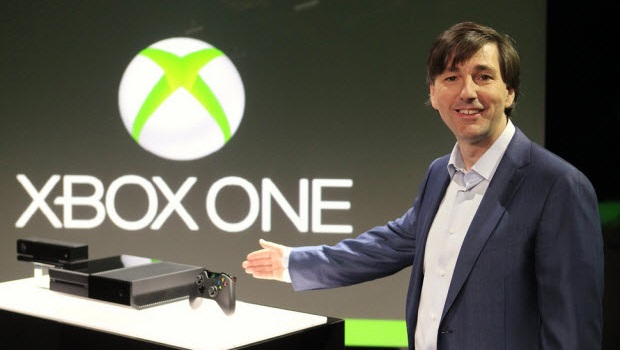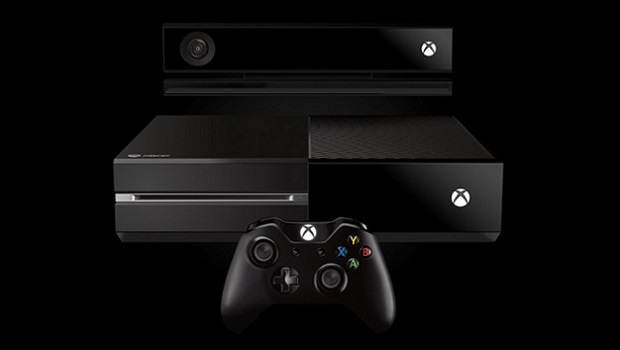Welcome to Critically Sane’s Question of the Week, where we do our best to answer an inquiry posed to us by the community. Have your own question? Tweet it to us @criticallysane or put it in the comments below!
How do you personally feel about how Microsoft handled the whole Xbox one debut and the storm that followed? Is there a way you think they could have handled it better?
As much as we like to pretend things like “Nintendo doesn’t know what they’re doing” or “Sony just can’t get their announcements right,” the Big Three are run by some very smart people who understand the industry a lot better than most of the people going all Monday-morning quarterback on their decisions. When Microsoft put together its announcements, the logic was very sound. Microsoft has access to its user data. They know that the vast majority of Xbox users are online whenever they use their consoles. They know what games they are playing, which is why Call of Duty got front billing at the console debut. They know that high speed internet has proliferated widely and will continue to do so. They also know that they make a lot more money off of those folks who are online than those who aren’t. When you look at all these factors, and toss in the pressure from publishers to come up with some sort of DRM policy to stem the tide of revenue going to used games sales, the Xbox One DRM policy made a lot of sense.
That said, what Microsoft had constructed was a service remarkably similar to Steam, and at launch, Steam was excoriated by the PC gaming community. Many of the current Xbox users weren’t a part of that whole to-do, and so, when confronted by those new policies, they had the same reaction. The widespread usage of Twitter (which didn’t exist when Steam launched) and other social media services allowed those objections to reach such a cacophony that Microsoft was forced to respond. Laying out a complicated counter-argument to “you’re taking away my rights” to folks who can normally fit their thoughts in 140 characters is difficult enough. But we must also remember that Microsoft’s responses were tailored in large part by really intelligent people who defended what in many cases was the greatest achievement of their lives. While largely viewed as giant monoliths, these corporations are actually staffed by humans, who, when their life’s work was assailed, defended it fiercely, arrogantly, and with emotional (rather than logical) responses. This lead to a first round of responses that were dismissive, condescending, and frequently insulting to people who largely had legitimate concerns. It didn’t help that Sony was able to present after Microsoft, giving them a chance to adjust themselves to the earlier presentation and put it in the worst possible light.
Had Microsoft done more to put some objectivity in their public relations staff, this entire process would have gone much more smoothly. Folks like Don Mattrick are brilliant, but asking them to speak to the public objectively is difficult enough. In this case, they would have had to look at their own work, decide that they had been wrong (or, at least, had transitioned to a certain ideal too early), and then admit that to the public. People, sadly, don’t work like that, especially when they’re being asked to turn their back on what they believe is their crowning achievement. An independent observer, either as an on-staff spokesperson who was not affiliated with the design process, or a hired PR agency, would have been much more able to make that observation. They would have pivoted that public opinion back to the designers, and those conversations Mattrick and others had with the press would have instead happened in private. Cooler heads would have prevailed, and Microsoft would have had significantly better press through this entire process.
Despite all the brouhaha, I’m not sure this will impact sales in the slightest. Both the Xbox One and the PS4 seem to be selling out everywhere, and the systems will get their chance to stand on their launch merits. Prelaunch controversies tend to work themselves out as reality sets in. Still, Microsoft could have handled this better, and I’m guessing they all learned important lessons about PR in the instant information age. This is the first launch of consoles in the Twitter age, and everyone is playing without a net.

